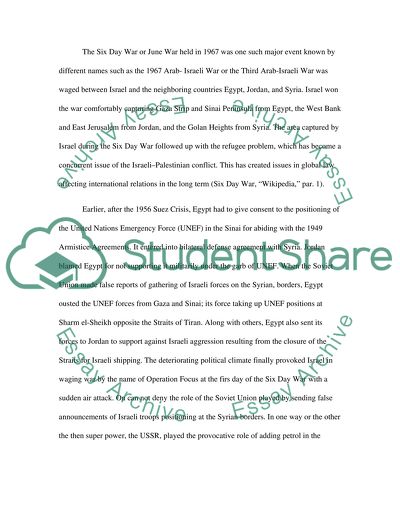Cite this document
(“The effects of the cold war on the middle east Research Paper”, n.d.)
Retrieved from https://studentshare.org/family-consumer-science/1407041-the-effects-of-the-cold-war-on-the-middle-east
Retrieved from https://studentshare.org/family-consumer-science/1407041-the-effects-of-the-cold-war-on-the-middle-east
(The Effects of the Cold War on the Middle East Research Paper)
https://studentshare.org/family-consumer-science/1407041-the-effects-of-the-cold-war-on-the-middle-east.
https://studentshare.org/family-consumer-science/1407041-the-effects-of-the-cold-war-on-the-middle-east.
“The Effects of the Cold War on the Middle East Research Paper”, n.d. https://studentshare.org/family-consumer-science/1407041-the-effects-of-the-cold-war-on-the-middle-east.


